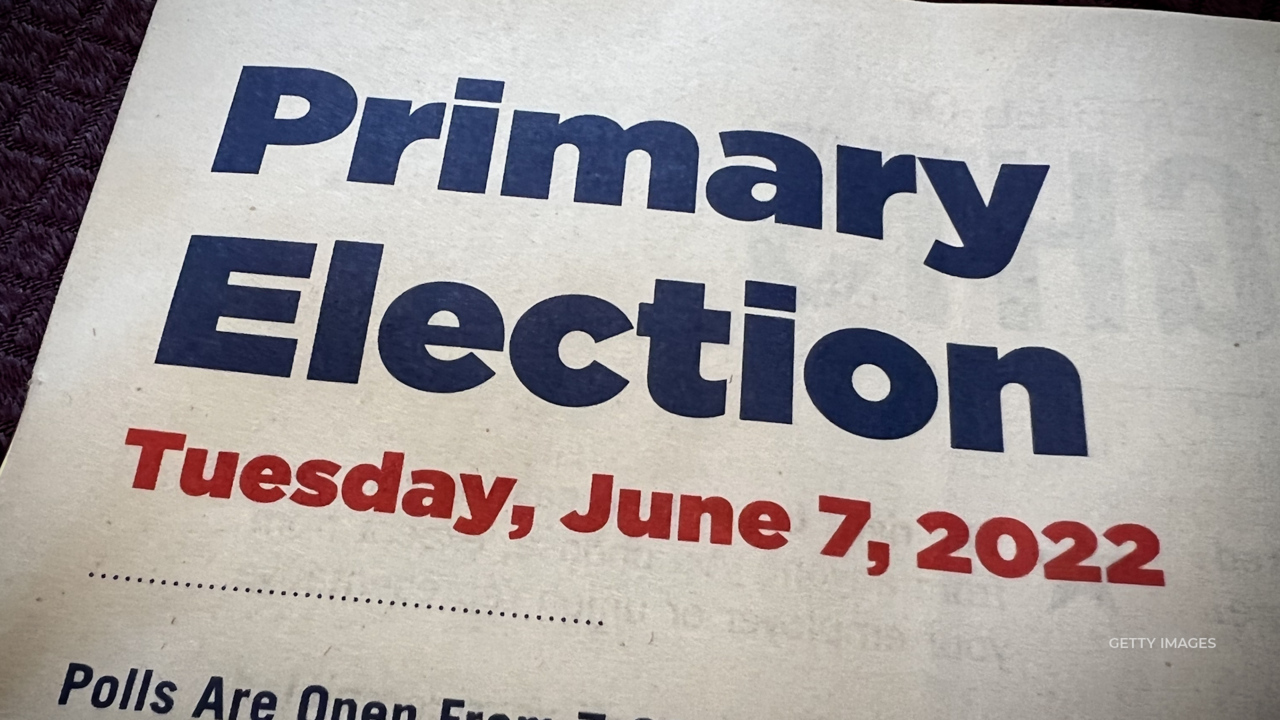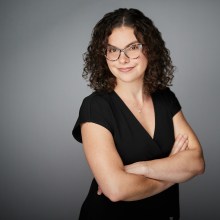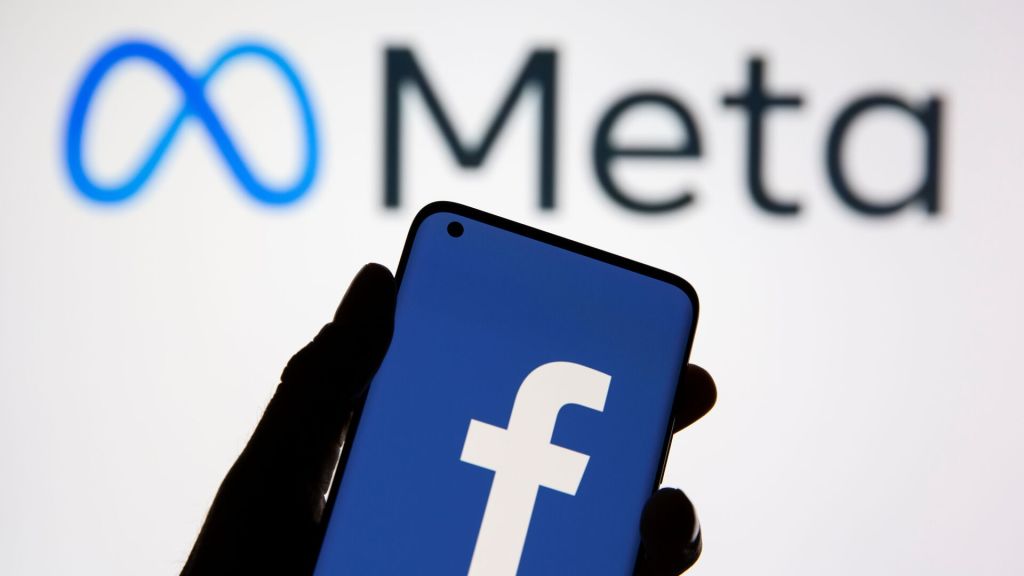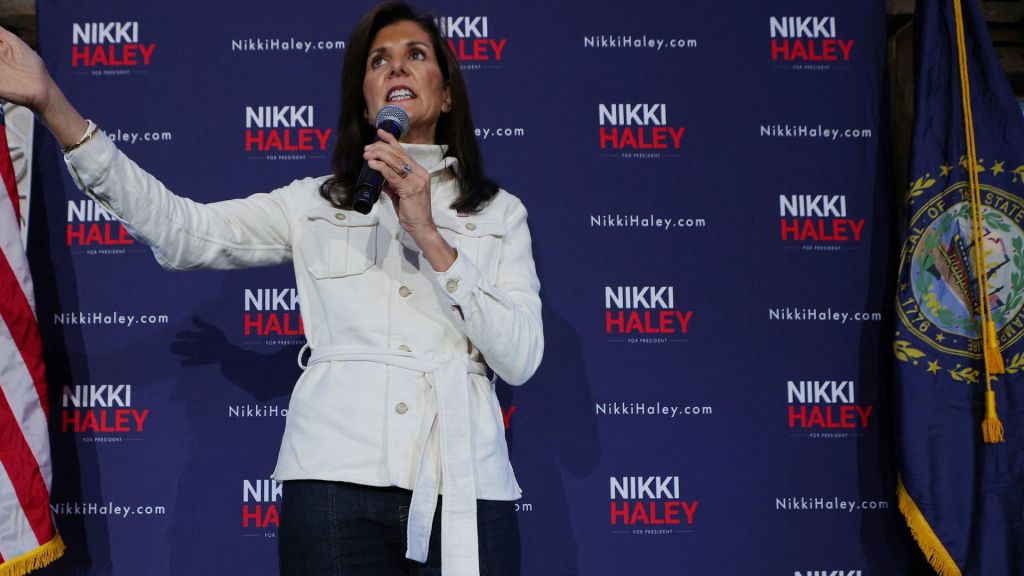
SHANNON LONGWORTH: PRIMARY ELECTIONS. THE POINT WHERE VOTERS’ FIRST CHOOSE WHICH CANDIDATES ARE DESERVING OF A SPOT ON THE BALLOT.
A RACE BEFORE THE RACE.
NEVADANS JUST VOTED IN THE MIDTERMS TO HOLD NONPARTISAN PRIMARIES, WITH THE TOP FIVE OVERALL CANDIDATES TO RUN IN THE GENERAL ELECTION.
LET ME EXPLAIN.
15 STATES AND DC USE CLOSED–OR PARTIALLY CLOSED–PRIMARIES FOR CONGRESSIONAL AND STATE ELECTIONS.
IN CLOSED PRIMARIES, YOU NEED TO BE A REGISTERED REPUBLICAN OR DEMOCRAT TO VOTE FOR EITHER PARTY’S NOMINEE.
OTHER STATES USE VARIATIONS OF OPEN PRIMARIES, WHICH MEANS YOU DON’T NECESSARILY HAVE TO REGISTER WITH A PARTY TO VOTE FOR ITS CANDIDATE.
JOHN OPDYKE IS THE PRESIDENT OF A NONPROFIT ADVOCATING FOR OPEN AND NONPARTISAN PRIMARY SYSTEMS.
JOHN OPDYCKE: “WE’RE WORKING TO LIBERALIZE THOSE RULES SO THAT INDEPENDENTS CAN VOTE IN A PARTY PRIMARY, IF THEY CHOOSE.”
LONGWORTH: BUT HE WANTS TO TAKE THE CHANGES A STEP FURTHER.
OPDYCKE: “BEYOND THAT, WE’RE WORKING TO DEPARTISANIZE THE PRIMARIES LIKE IN NEVADA, SO THERE IS NO MORE DEMOCRATIC PRIMARY, OR REPUBLICAN PRIMARY, THERE IS SIMPLY A PUBLIC PRIMARY, ALL THE VOTERS GET THE EXACT SAME BALLOT. AND THEY CAN CHOOSE FROM ALL THE CANDIDATES.”
LONGWORTH: AFTER CHOOSING THE CANDIDATES, NEVADANS WOULD USE RANKED-CHOICE VOTING TO DECIDE THE WINNER IN THE GENERAL ELECTION.
THE MEASURE NEEDS TO BE APPROVED TWICE, THOUGH, TO AMEND NEVADA’S CONSTITUTION, SO VOTERS WILL WEIGH IN AGAIN IN 2024.
SIMILAR NONPARTISAN PRIMARY SYSTEMS ARE IN PLACE IN ALASKA, CALIFORNIA, NEBRASKA AND WASHINGTON.
OPDYCKE SAYS THAT SUCH SYSTEMS WOULD REDUCE EXTREME PARTISANSHIP IN U.S. POLITICS BY ALLOWING INDEPENDENT VOTERS TO NOMINATE CANDIDATES WITH MORE MODERATE VIEWS.
OPDYCKE: “THE INDEPENDENTS JUST COMPLETELY DETERMINED THE OUTCOME OF THIS RECENT MIDTERM. THEY ARE VOTING FOR PEOPLE, NOT FOR PARTIES. THEY ARE REJECTING ANTI DEMOCRATIC, FEAR MONGERING THEY WANT LEADERSHIP, NOT PARTISANSHIP. THEY MADE THAT STATEMENT LOUD AND CLEAR.”
LONGWORTH: ACCORDING TO GALLUP SURVEY DATA, 40% OF RESPONDENTS IDENTIFY AS INDEPENDENTS.
OPDYCKE ALSO SAYS NONPARTISAN PRIMARIES MAY REDUCE THE CONTROL THAT EACH PARTY’S LEADERSHIP HAS OVER ITS CANDIDATES.
OPDYCKE: “CANDIDATES WHO WANT TO RUN FOR OFFICE, HAVE TO GO THROUGH A PROCESS OF KISSING THE ASS OF THE MOST ORGANIZED PARTISAN NETWORKS BASED WITHIN THEIR PARTY IN ORDER TO BECOME THE NOMINEE, IN MOST SITUATIONS, AGAIN, IN THE STATES WITH THE PARTY PRIMARIES.”
LONGWORTH: IF A CANDIDATE STRAYS FROM PARTY LINES, THEY RISK LOSING LEADERSHIP’S SUPPORT IN THE PRIMARY.
FOR EXAMPLE, REP. LIZ CHENEY PUSHED BACK AGAINST THE GOP. AND WHEN IT CAME TIME FOR HER TO RUN FOR RE-ELECTION…THE PARTY BACKED A DIFFERENT CANDIDATE.
CHENEY LOST.
LIZ CHENEY: “TWO YEARS AGO, I WON THIS PRIMARY WITH 73 PERCENT OF THE VOTE. I COULD HAVE EASILY DONE THE SAME AGAIN. THE PATH WAS CLEAR. BUT IT WOULD HAVE REQUIRED THAT I GO ALONG WITH PRESIDENT TRUMP’S LIE ABOUT THE 2020 ELECTION.”
LONGWORTH: WHILE NONPARTISAN PRIMARIES COULD CHANGE THE DYNAMIC BETWEEN CANDIDATES AND THEIR PARTIES, DATA SHOWS IT MIGHT NOT EASE POLARIZATION.
THE PUBLIC POLICY INSTITUTE OF CALIFORNIA PUBLISHED A STUDY IN 2014 ON THE MATTER, USING DATA ON DIFFERENT VOTING SYSTEMS IN MOST STATES FROM 1992 TO 2010.
THEY CONCLUDED THAT “THE OPENNESS OF A PRIMARY ELECTION HAS LITTLE, IF ANY, EFFECT ON THE EXTREMISM OF THE POLITICIANS IT PRODUCES.”
AND, “IN FACT, MOST OF THE EFFECTS WE HAVE FOUND TEND TO BE THE OPPOSITE OF THOSE THAT ARE TYPICALLY EXPECTED.”
IN A PANEL DISCUSSION ABOUT THE NEVADA BALLOT MEASURE AT INDYFEST THIS YEAR, ELECTIONS ATTORNEY BRADLEY SCHRAGER EXPRESSED CONCERN.
BRADLEY SCHRAGER: “MY OWN PARTICULAR VIEW IS THAT THIS IS GOING TO DESTROY MINOR PARTIES AND INDEPENDENT GROUPS. THERE’S SIMPLY NO WAY THAT THOSE GROUPS AS CURRENTLY CONSTITUTED ARE GOING TO BE ABLE TO PLAY IN THE MONEY GAME THAT IS POLITICS AND ELECTIONS AS THEY STAND RIGHT NOW. YOU’RE NOT GOING TO HAVE 5 DIFFERENT GROUPS PUTTING UP PEOPLE IN THE FALL. YOU’RE GOING TO HAVE 3 REPUBLICANS AND TWO DEMOCRATS. OR THREE DEMOCRATS AND TWO REPUBLICANS. YOU’RE GOING TO HAVE MORE OF THE SAME AS OPPOSED TO VOICE BEING SPREAD OUT.”
LONGWORTH: NEVADANS HAVE TWO MORE YEARS TO DEBATE THE POTENTIAL EFFECTS OF A NONPARTISAN PRIMARY SYSTEM IN THEIR STATE. IT’S AN EXPERIMENT WE’LL BE KEEPING AN EYE ON.






